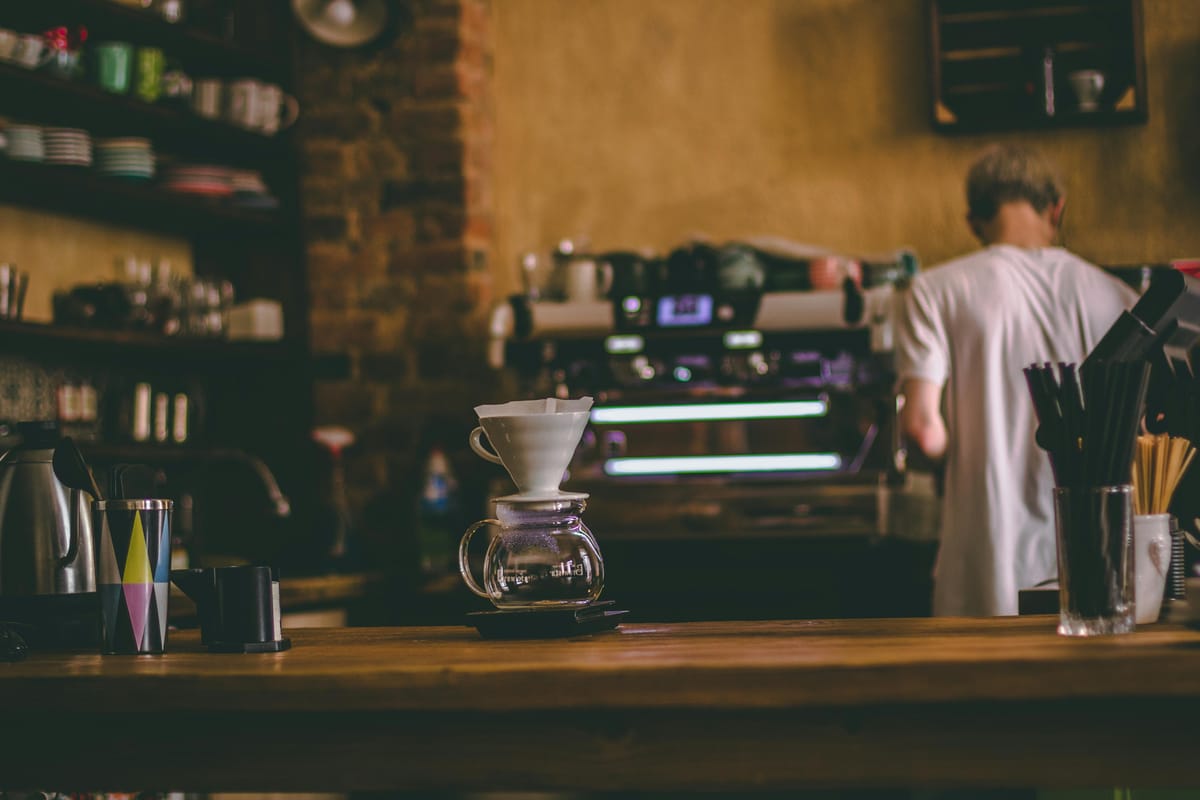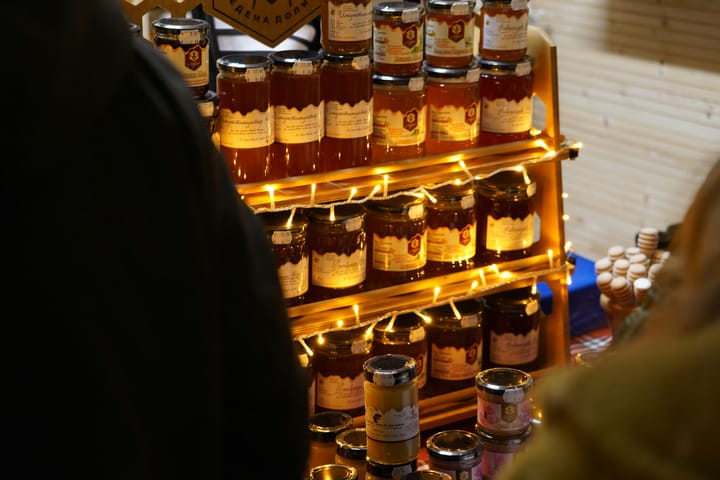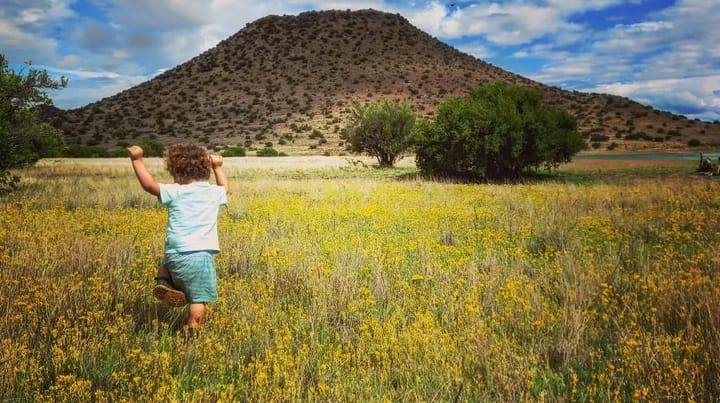Coffee culture comes to the Karoo
Specialty coffee shops are opening in towns that once relied on a single chain restaurant, and they are changing expectations.

For decades, a stop in a Karoo town meant a Wimpy breakfast, a petrol station pie or a thermos of tea brought from home. Now the hum of an espresso machine has become as familiar as the cry of a hadeda in the morning. A coffee culture is brewing across the semi-desert heartland and transforming how locals and visitors connect over a cup.
A shift from instant to artisan
Not long ago, most Karoo cafés offered a basic pot of filter coffee or a sachet of instant granules stirred into milk. Those days are fading. Specialty coffee shops are opening in towns that once relied on a single chain restaurant, and they are changing expectations. Travellers who once planned only for fuel stops now seek out flat whites and espressos, while locals are learning to tell the difference between a dark roast and a medium blend.
Part of this rise can be credited to South Africa’s growing interest in small-batch roasting. Urban coffee trends have drifted steadily outward, finding a surprising foothold in places far from the big-city bustle.
In many Karoo towns, entrepreneurs are roasting their own beans or sourcing from regional roasteries, proudly talking about single-origin beans from Ethiopia, Kenya or Colombia. It’s a far cry from the days when coffee was just “coffee,” and nothing more.

A new kind of meeting place
The Karoo has always been social, but the gathering points were often church halls and rugby fields. The arrival of specialty coffee shops has created a fresh layer of community life. For locals and travellers alike the local coffee shop has become a modern “stoep” - a place to sit, talk and watch the world go by.
In towns across the region coffee counters have joined bookshops and craft stores, encouraging visitors to linger rather than pass through. Some cafés double as bakeries, offering sourdough loaves and carrot cake alongside cappuccinos.
Others blend seamlessly into farm stalls, pairing a pour-over with a jar of local fig jam or biltong. This merging of old farm traditions and new urban tastes has given the Karoo’s hospitality scene a surprising revival.
The draw for travellers
Tourism has always mattered in the Karoo, but historically the food options were limited. The surge of artisan coffee has added something fresh to the visitor experience. A well-made latte in Calvinia or Aberdeen is now a reason for city travellers to stop and explore the town itself.
Some coffee shops are even hosting weekend tastings or music nights, making them micro-attractions in their own right.
Importantly, this shift benefits more than the cafés. Guesthouses and farmstays are riding the wave. When travellers expect better coffee, they expect better breakfasts, which in turn raises the standard of hospitality across the board.
Challenges and promise
Of course, the road has not been entirely smooth. Quality beans are expensive to transport, and skilled baristas are in short supply in small towns.
Many shop owners wear several hats - roasting, baking, serving and managing - simply to keep the doors open. Some worry that the influx of trendier cafés could erase the charm of old roadside diners, but so far the balance has been surprisingly natural.
In many cases, the new coffee culture isn’t replacing the Wimpy breakfast; it is adding to the portfolio. Visitors might grab a quick toasted sandwich at a petrol stop, then linger over a cappuccino at a tiny corner café, giving them two very different but equally “Karoo” experiences.
What this growing scene suggests is that the Karoo is adapting in interesting ways. The espresso machines may be new, but the impulse behind them, that of conversation and hospitality, is as old as the Karoo itself.






Comments ()